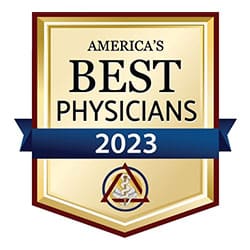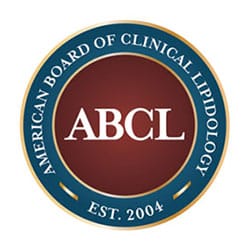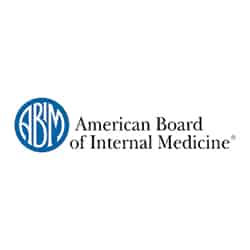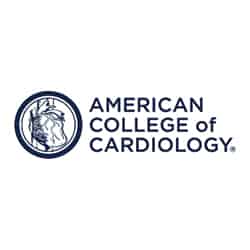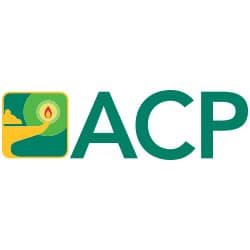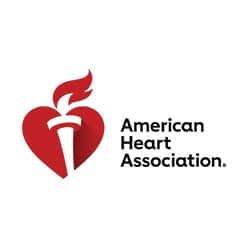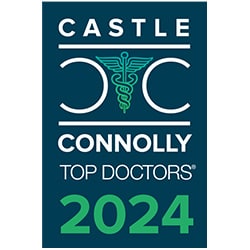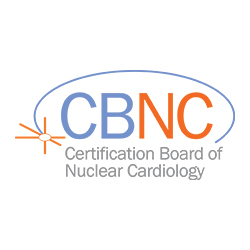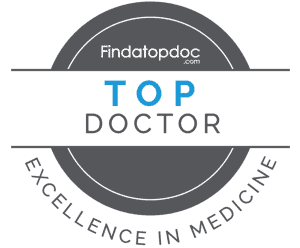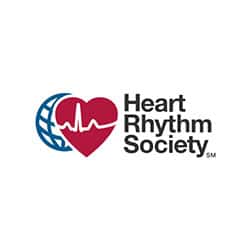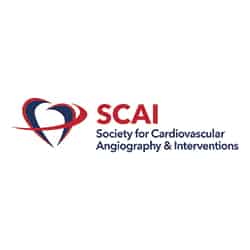Coronary artery disease is the most common type of heart disease and the leading cause of death for both men and women in the United States. Our team of coronary artery disease doctors at St. Louis Heart & Vascular provides comprehensive care for adults of all ages, from the initial diagnosis to effective treatment options.
If you’re concerned about developing coronary artery disease due to heredity or lifestyle factors, contact us to schedule a consultation with a St. Louis Coronary Artery Disease Specialist today.
Coronary Artery Disease Diagnosis & Treatment Q&A
What is coronary artery disease?
Coronary artery disease (CAD) occurs when your coronary arteries become damaged or diseased due to fat and cholesterol buildup in your artery walls. Your coronary arteries supply blood to your heart, and when they become clogged with fat and cholesterol from your bloodstream, it sticks to the walls in your coronary arteries. This then makes it difficult for blood to flow freely through the arteries to your heart.
If the arteries become too narrow or blocked completely, your heart may not get the blood and oxygen it needs. As a result, you may experience chest pain or even a heart attack. Sometimes, a heart attack is the first sign that you even have coronary artery disease, and in many cases, it’s too late at that point to make lifestyle changes. So, it is important to be examined by a coronary artery disease doctor early.
What are the symptoms of coronary artery disease?
For many individuals, a heart attack is the first sign of coronary artery disease. Symptoms of a heart attack include:
- chest pain or discomfort
- weakness
- lightheadedness
- nausea
- cold sweat
- pain or discomfort in the arms or shoulder
- shortness of breath
A heart attack is not always obvious and can be mistaken for less serous problems. If you experience any of the symptoms above, contact our St. Louis Coronary Artery Specialists to make an appointment as soon as possible.
How is coronary artery disease diagnosed?
To diagnose coronary disease, our coronary artery doctors may perform diagnostic testing that includes:
- A thorough physical exam and family medical history
- Blood tests to check for fats and cholesterol levels
- Electrocardiogram (EKG)
- Stress testing
- Coronary calcium scans
How does a coronary calcium scan diagnose coronary artery disease?
If you have a moderate risk for heart disease based on your health and family history, a coronary calcium scan provides vital information to your doctors before a serious or life-threatening situation occurs. A coronary calcium scan, or heart scan, is a specialized X-ray that shows images of your heart so the team of coronary artery doctors can detect and measure plaque in your arteries.
The heart scan indicates the amount of calcified plaque you have, which can help identify if you’re at risk of coronary artery disease before you experience any symptoms. Essentially, a coronary calcium scan may indicate a need for lifestyle modifications or medications to reduce your risk of a heart attack in the future.
How is Coronary Artery Disease treated?
Treatments for coronary artery disease often include committing to making healthier lifestyle choices to promote artery and heart health, including:
- Reducing stress
- Quitting smoking
- Losing weight
- Managing other health conditions
- Eating healthier foods
- Exercising regularly
The coronary artery disease doctors at St. Louis Heart and Vascular may also prescribe certain medications that can help lower your cholesterol and blood pressure and thin your blood.
If you have a family history of heart attacks or coronary diseases and you think you may be at risk of coronary artery disease, call one of the St. Louis Heart and Vascular offices to make an appointment with one of our Corinary Artery Specialists as soon as possible. It may save your life.
Coronary Artery Disease Diagnosis and Treatment Available at These Locations
We offer Coronary Artery Disease Diagnosis and Treatment at the following St. Louis Heart and Vascular locations. Contact us to schedule your appointment today.
Bridgeton Office
- (314) 741-0911
- 3550 McKelvey Rd.
Bridgeton, MO 63044 - Location Info
Christian Hospital Office
- (314) 741-0911
- 11155 Dunn Road, Suite 304E, MOB #1
St. Louis, MO 63136 - Location Info
Des Peres Hospital Office
- (314) 741-0911
- 2325 Dougherty Ferry Road, Suite 203
St. Louis, MO 63122 - Location Info
Granite City Office
- (314) 741-0911
- 2120 Madison Ave., Suite 101
Granite City, IL 62040 - Location Info
St. Charles Office
- (314) 741-0911
- 1551 Wall Street, Suite 410
St. Charles, MO 63303 - Location Info
Town & Country Office
- (314) 741-0911
- 3009 N. Ballas Rd, Suite 100B
St. Louis, MO 63131 - Location Info
Wentzville Office
- (314) 741-0911
- 105 Creekside Office Dr.
Wentzville, MO 63385 - Location Info

